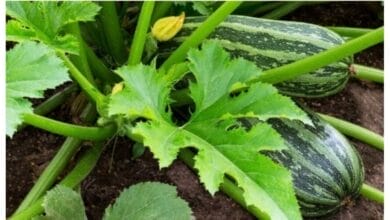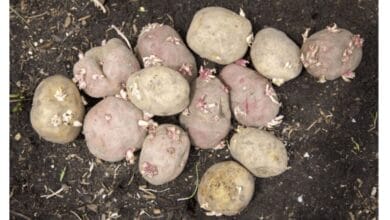Fruits Having Vitamin D: A Natural Boost for Health

Fruits Having Vitamin D
Vitamin D is an essential nutrient known for supporting bone health, immune function, and overall well-being. In this article, we are discussing about fruits that have Vitamin D.
In this article, we are discussing about the Fruits that have vitamin D.
While sunlight exposure is the primary source of vitamin D, some fruits and vegetables also contribute modest amounts to the daily intake, complementing dietary needs naturally.
Table of Contents
Fruits with Vitamin D
Although fruits generally contain lower levels of vitamin D compared to animal products or fortified foods, certain fruits stand out for their contribution of this vital nutrient:
- Figs (Anjeer): Often called the fruit of paradise, figs are packed with multiple vitamins, including vitamin D, C, A, and B. They also provide calcium, phosphorus, and protein. Dried figs are a convenient and rich source of this vitamin.
- Bananas: Beyond being rich in magnesium, which aids the body’s production of vitamin D, bananas also supply a small but meaningful amount of vitamin D, supporting bone homeostasis.
- Papaya: This tropical fruit is known for vitamins A, C, and E, and contains modest amounts of vitamin D. Including papaya in the diet helps in gaining this nutrient alongside antioxidants and fibre.
- Guava: Another tropical fruit, guava provides a modest amount of vitamin D while being rich in vitamin C, thereby enhancing overall nutrient intake.
- Oranges: Famous for vitamin C, oranges also have a small amount of vitamin D. They are a refreshing, healthy snack or juice ingredient that can augment vitamin D intake.
- Amla: Known for its high nutritional value in Ayurvedic medicine, amla contains a reasonable amount of vitamin D and can be consumed fresh or in culinary preparations.
- Watermelon: Though low in vitamin D, watermelon contributes small amounts to your daily vitamin intake and offers hydration benefits.
Also Read: Grow Dragon Fruits: Care, Benefits, and Global Significance.
Vitamin D in Dry Fruits
Certain dry fruits are richer in vitamin D, making them an excellent option to boost intake naturally:
- Dried Figs: Contain approximately 4 mcg per 100 grams of vitamin D, along with fibre and calcium.
- Dried Apricots: Provide about 6 mcg per 100 grams, along with vitamin A and iron.
- Dried Dates, Prunes, Raisins, Mulberries, Goji Berries: These range from 1 to 4 mcg per 100 grams and add vitamins, fibre, and minerals to the diet.
Including a handful of these dried fruits can supplement vitamin D consumption effectively.
Other Plant Sources Related to Vitamin D
- Mushrooms: While not fruits, many mushrooms (e.g., maitake, shiitake) exposed to sunlight are excellent natural sources of vitamin D2.
- Leafy Greens and Vegetables: Items such as kale, spinach, and amaranth leaves provide small amounts of vitamin D plus a broad spectrum of supporting nutrients.
Importance of Vitamin D from Fruits
Vitamin D from fruits alone isn’t typically sufficient to meet daily requirements, but these fruits and dried fruits can contribute to overall intake, especially in diets that avoid animal products. Combined with sunlight exposure and other dietary sources, they help maintain bone health, immune defence, and muscle function, particularly in children and adults with limited sun exposure.
This diverse list of vitamin D-containing fruits and dry fruits offers tasty and nutritious options for those seeking natural ways to boost their vitamin D levels. Including these in a balanced diet helps support various physiological functions vital for good health.
Also Read: Why Mango is Called Bathroom Fruit?







